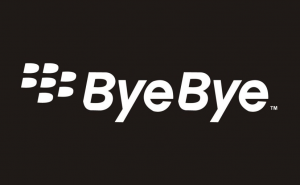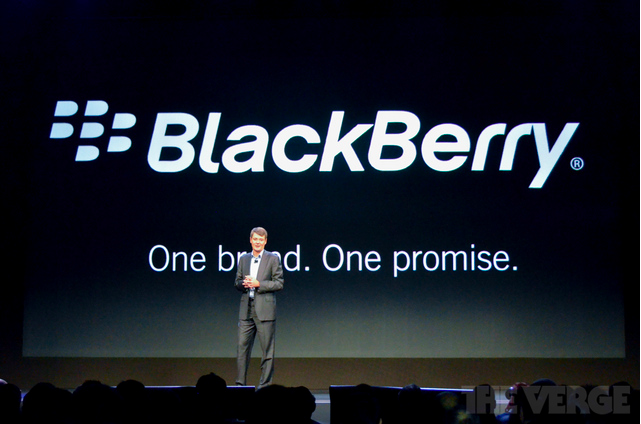As an audience for Kpop (korean pop culture), I’ve always been curious of how the phenomena managed to rise to fame amidst heavy global competition. After reading Chapter 10 of the textbook about Products and Branding, I suddenly realized how Kpop is simply being marketed as a cultural product and I, as a consumer, have just fallen into its clever branding.

The talent agencies that manage the stars are essentially the manufacturing companies. Through intensive training and makeovers, the companies are able to create value, thats sought out by young audiences worldwide, in these young talents. But this is not what differentiates Kpop from other popular music acts around the globe. What the label companies have been able to accomplish is build a solid brand for themselves.
Take, for example, the giant of the Kpop industry, SM Entertainment. The name of the company itself alone is able to elicit positive responses from any Kpop follower. This company is the home of almost all the top boy/girl groups in Korea, and it has been able to produce hit after hit by utilizing its strong brand and reputation.
The company itself is promoted just as heavily as its artists, through documentary feature movies like “I AM”, company-wide collaboration acts called “SM TOWN”, and company concerts. All these marketing endeavours has been able to help SM Entertainment build brand loyalty and facilitate continuous purchases from its fans. Marketing costs for new groups are drastically reduced because as long as they are crowned to be under the company, they are automatically ahead in the race.
Co-Branding, another tool that SM Entertainment has perfected using, has allowed for new groups to be marketed along with older and more famous groups. These labelmates are often promoted together during the rookie group’s debut era. This enhances the fan’s perceptions about the new group’s abilities: it signals its high quality that is linked to the company’s brand name and the more well-known group.
No wonder Kpop has been such a phenomenon, and one of the secrets behind its success lies in effective branding.
Sources:
http://blogs.hbr.org/cs/2011/07/what_marketers_can_learn_from.html
http://sites.davidson.edu/anthro/global/2012/03/25/k-pop-marketing-image/




